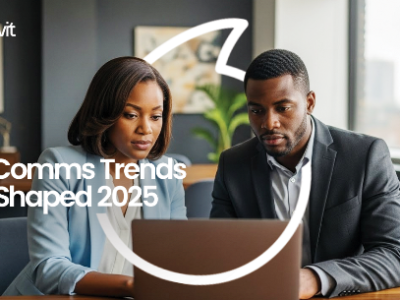What inspired the founding of Corestream Networks and Robotics Limited?
Corestream began in 2014 with three tech enthusiasts providing freelance technology services globally. By 2018, we recognized a growing need for structured, reliable solutions to help businesses integrate technology effectively. Skepticism toward freelancers prompted us to evolve into a corporate entity, offering dependable, business-to-business solutions. Our passion lies in leveraging digital technology to solve complex problems and enhance operational efficiency across diverse industries.
Corestream specializes in transforming ideas into digital products. Can you highlight a project that reflects your innovative approach?
One standout project is our hospital management and automation software, which streamlines healthcare operations by digitizing manual workflows. It integrates AI tools for demographic analysis and informed decision-making, enabling healthcare providers to work more efficiently. Notably, it incorporates advanced data integration systems (DIS) and is being deployed in partnership with the Plateau State government to automate state-owned healthcare facilities.
Another innovation is our telemedicine platform, which enables virtual consultations and AI-driven diagnoses, bridging healthcare gaps in underserved areas. Additionally, our behavioral email marketing platform tailors client engagement based on user preferences, driving personalized and impactful interactions. These projects showcase our commitment to transforming ideas into scalable, meaningful solutions.
How do you ensure your solutions meet the diverse needs of clients, from startups to individual consultants?
We adopt an interactive co-creation model, prioritizing deep client engagement. Our process begins with developing a Project Expectation Document (PED) that captures the client’s pain points, objectives, and desired outcomes. This document undergoes review and feedback cycles with the client, ensuring alignment before execution. This collaborative approach ensures our solutions are tailored, efficient, and aligned with client goals, whether for startups, consultants, or established enterprises.
What challenges have you encountered in implementing your services?
One major challenge is the low level of technological awareness and literacy in certain regions. To address this, we actively support the implementation of the Startup Act in Plateau State, working closely with the government to foster innovation and promote job creation.
ADVERTISEMENT

Additionally, we’ve advocated for greater integration of technology across sectors like fashion design and agriculture, demonstrating how digital tools can drive efficiency and profitability. Bridging the gap in technological awareness is critical, and our efforts focus on empowering individuals and businesses to embrace innovation.





























